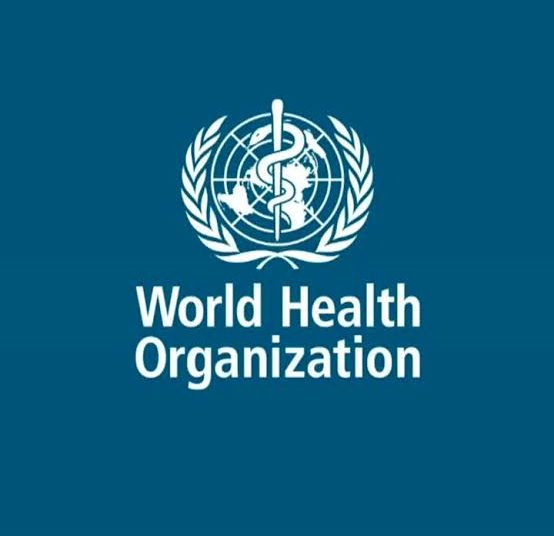In a bid to boost preparedness and early response to health emergencies in Nigeria, the World Health Organisation (WHO) is training 350 medical, public health professionals and volunteers in Nigeria.
The minister of state for health, Barr. Ekumankama Joseph, who spoke yesterday at the opening ceremony of the Capacity Building, Learning and Training of the AVoHC-SURGE Team (On-Boarding) in Abuja, said the initiative is aimed at building a stronger health system to be able to respond to public health emergencies.
He said the country is making effort towards strengthening emergency response capacity to ensure health security. “This aims at building stronger health system. To ensure that governments is able to mobilise resources and respond to public health emergencies within the first 48 hours.”
The African Health Volunteers Corps (AVoHC) is a team of African volunteer medical and public health professionals established by the African Union and the Strengthening and Utilising Response Groups for Emergencies (SURGE) is a WHO initiative. The agreed name is now AVoHC-SURGE.
In his keynote address, WHO country representative to Nigeria, Dr Walter Kazadi Mulombo, said preparation and early rapid execution of outbreak response strategies are critical in detecting, containing, and mitigating the spread of potentially dangerous infectious diseases.
He said in Nigeria, emergencies, disasters, and other crises increase in number and magnitude daily, affecting thousands of vulnerable and unprotected people.
Expressing concern over the situation which he said is not promising to improve soon, Walter stressed that the ability to deliver an early and effective response requires government and institutions to be prepared collaboratively for new outbreaks.
“They must be ready to respond nationally, sub-nationally and locally before an attack becomes an epidemic or pandemic.
“Emergency workforce development is a critical domain that must be addressed to enhance Global Health Security and mitigate future Public Health Emergencies of International Concern (PHEIC),” he said.
Speaking further, Walter said the initiative is aimed at training and preparing a workforce that can be called upon when needed, drawn not only from the WHO but mainly from the states, civil society, and volunteers.
He said the purpose of the SURGE is to provide surge support to countries that must rapidly mitigate crises through the SURGE members’ training.
“WHO aims to achieve workforce development to ensure the availability of trained human resources at the national and sub-national levels.
“The SURGE training will integrate and strengthen existing human resources for emergency response (PHEOCs, RRTs, EMTs) and further enhance the governments’ leadership.











